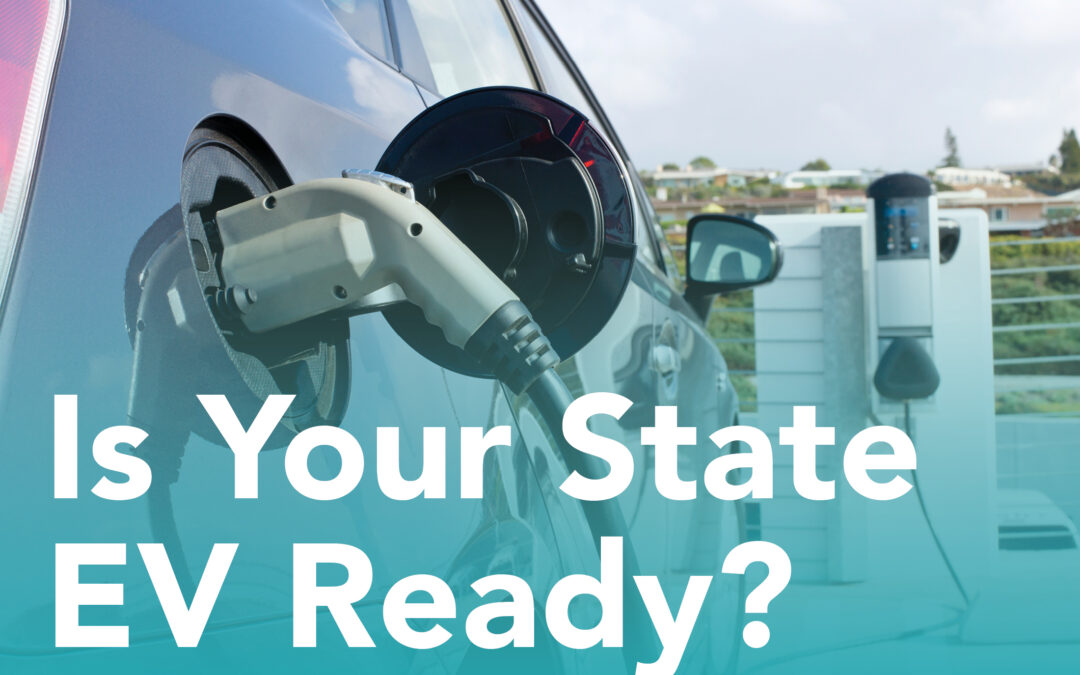The Biden administration made EV Ready a major part of its infrastructure and climate goals. However, the administration placed the most emphasis on a top-down, government-driven approach to the construction of electric vehicle charging stations.
The Bipartisan Infrastructure Bill provides $7.5 billion for states to construct a network of 500,000 EV charging stations along major roadways, and the Inflation Reduction Act gives taxpayers who choose to purchase an electric vehicle a tax credit. This new tax credit provides up to $7,500 for new electric vehicles and up to $4,000 for used electric vehicles purchased during or before 2023. A purchase of a new electric vehicle from 2023 until 2032 is eligible for a tax credit of up to $7,500.
Current market trends also are driving utility companies across the country to roll out new programs for electric vehicles and charging stations. There is no national standard for these programs; each company offers its own set of incentives and eligibility requirements.
States are implementing their own incentive programs, too. Many states are beginning to enact Right to Charge Laws to protect owners’ rights to install an electric vehicle charging station and limit the ability of community associations to ban them.
CAI supports legislation that gives associations an opportunity to deny a request in certain circumstances and impose reasonable rules and regulations while acknowledging an owner’s right to purchase the vehicle. CAI doesn’t support legislation that penalizes community associations or forces costs onto the entire community.
NOTE: States in italics have laws that only cover condominiums. Hawaii’s law also explicitly covers townhomes.
| Insurance Requirement | Indemnification of Association | Exceptions | Penalties | |
| California | Yes | No | Yes, association must send its denial in writing within 60 days | Actual damages, attorney’s fees, civil penalty of $1,000 |
| Colorado | Yes | No | Yes, if there are certain conflicts with structural safety or building codes | None |
| Connecticut | Yes | No | No | Attorney’s fees |
| Florida | Yes | No | No | None |
| Hawaii | Yes | No | No | None |
| Maryland | Yes | No | Yes, association must send its denial in writing within 60 days | None |
| New Jersey | Yes | Yes | Yes, for safety risks and an association must send its denial in writing within 60 days | None |
| New York | Yes | No | Yes, association must send its denial in writing within 60 days | Actual damages, civil penalty of $1,000 |
| Oregon | Yes | No | Yes, if the owner does not comply with association requirements within 60 days | Attorney’s fees |
| Utah | No | No | Yes, preserves existing covenants enacted before 5/4/2022 | None |
| Virginia | Yes | Yes | Yes, can prohibit installation in common areas | None |
| Washington State | Yes | No | No | Attorney’s fees, civil penalty of $1,000 |
While the Clean Air Act governs vehicle emission rules, Section 177 includes a waiver for California to enact more stringent rules and allow other states to implement California’s tougher standards without going through a waiver process. For example, California’s Zero Emission Vehicle Regulation mandates an increase in the production of zero-emission vehicles by car manufacturers and requires a full phase-out of gas-powered vehicle sales by 2035.
Maryland and New York opted to follow California’s lead on phasing out gas-powered cars, using the authority granted by Section 177. Colorado, Connecticut, Maine, Massachusetts, Minnesota, New Jersey, Nevada, New Mexico, Oregon, Rhode Island, Vermont, Virginia, and Washington. Delaware, Washington, D.C., and Pennsylvania have agreed through regulatory action to follow California’s vehicle emission standards.
Want to know more? Read CAI’s Issue Brief on Electric Vehicle Charging Stations at: https://www.caionline.org/Advocacy/Priorities/Electric%20Charging/Documents/Is%20Your%20State%20EV%20Ready%20FINAL.pdf
Learn more about current state laws, and view current legislative tracking at https://www.caionline.org/EVReady.



